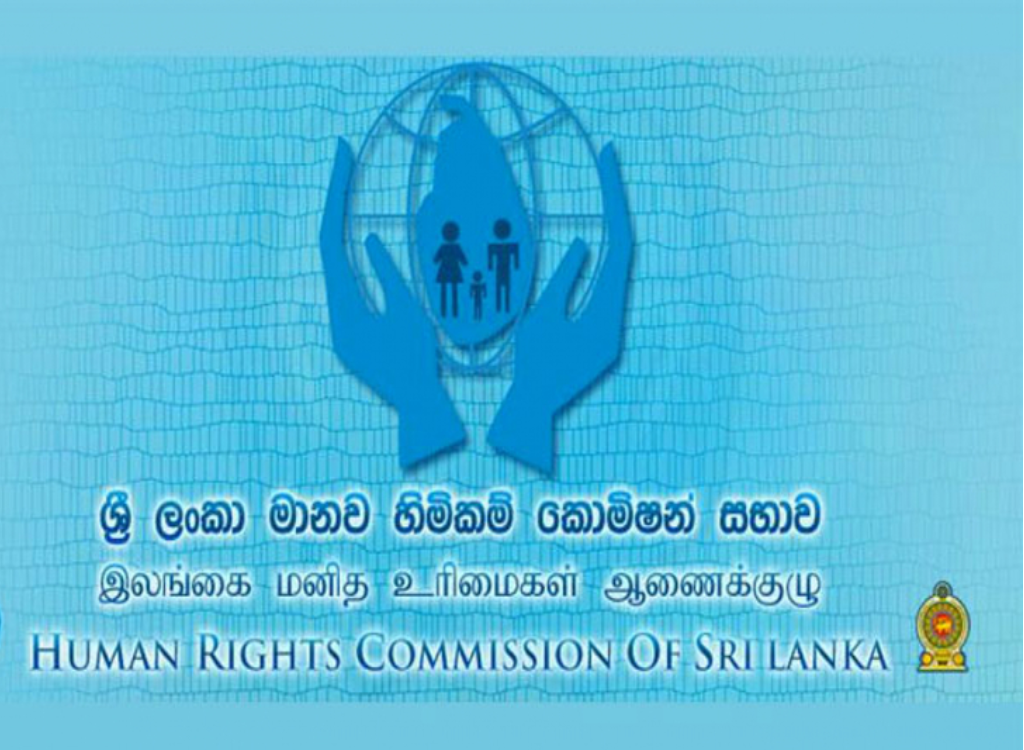The Human Rights Commission of Sri Lanka (HRCSL) has urged the Government to exercise caution in introducing any new counter-terrorism legislation, warning that such laws could replicate the failings of the existing Prevention of Terrorism (Temporary Provisions) Act, No. 48 of 1979 (PTA), which the Commission described as “oppressive” and vulnerable to abuse.
In a detailed communication addressed to the Minister of Justice and National Integration, Attorney Harshana Nanayakkara, the Commission reiterated its longstanding position that the PTA must be repealed.
The HRCSL stressed that any new legal provision relating to the offence of terrorism should be enacted under the general law, and in strict compliance with Sri Lanka’s constitutional and human rights obligations, including guarantees of due process, access to legal counsel, and judicial oversight.
The letter was accompanied by the HRCSL’s findings in Case No. Suo Motu-08-25, which concerned the arrest and prolonged detention of Mohamad Liyaudeen Mohamed Rusdi by the Police Counter Terrorism and Investigation Division (CTID) under the PTA.
The Commission found that Rusdi was arrested despite the absence of evidence linking him to any offence, and was held in custody for 14 days without being produced before a magistrate, in violation of his constitutional rights.
A detention order (DO) had been obtained against Rusdi, and a prejudicial media statement issued by the Police cited his alleged “mental state” as justification for suspecting religious extremism.
Although Rusdi was eventually released, the Commission observed that he remains subject to a restriction order (RO), which continues to impose severe limitations on his freedom, including the requirement to report to the CTID weekly and obtain permission for overseas travel.
The HRCSL concluded that Rusdi’s treatment amounted to a violation of his fundamental rights under the Constitution, including protection from arbitrary arrest and freedom from racial or religious discrimination. The Commission determined that Rusdi had been subjected to racial profiling and called for the immediate discontinuation of the RO imposed on him.
Describing Rusdi’s case as “emblematic” of the wider failings of the PTA, the Commission listed five core deficiencies in the law: vague and overly broad definitions of terrorism-related offences; prolonged detention without trial; the elimination of the requirement to produce suspects before a magistrate within a fixed period; the denial of bail; and the admissibility of confessions made to Police officers.
“The PTA permits a framework that is not only inconsistent with constitutional guarantees, but also enables the arbitrary deprivation of liberty,” the Commission stated.
The HRCSL warned of the potential for institutional actors to promote a new special counter-terrorism law that would entrench — rather than eliminate — these abuses, especially by legitimising preventive detention based on assessments of an individual’s ‘state of mind’ or perceived risk of future extremist activity.
The Commission cautioned against enabling authorities to ‘detect’, ‘monitor’, or ‘rehabilitate’ individuals based on racial or religious profiling, rather than evidence of an actual offence.
Instead, the Commission recommended that any future legal provisions addressing terrorism be firmly embedded within the general law. It proposed a narrow and specific definition of the offence of terrorism: “Any person who by the use of force or violence unlawfully targets the civilian population or a segment of the civilian population with the intent to spread fear among such population or segment thereof in furtherance of a political, ideological, or religious cause.”
The HRCSL further advised that:
- Any person arrested for terrorism must be brought promptly before a judicial officer, in line with Article 13(2) of the Constitution.
- Judicial officers must retain discretion to grant bail under the Bail Act, No. 30 of 1997.
- Access to legal counsel should be immediate, meaningful, and unconditional.
- Only confessions made before a judicial officer should be admissible as evidence, in accordance with Section 25(1) of the Evidence Ordinance, No. 14 of 1895.
The HRCSL reiterated that any new legal framework must not enable law enforcement agencies to bypass constitutional safeguards or expand their authority to act on the basis of racial or religious suspicion.











Leave a comment